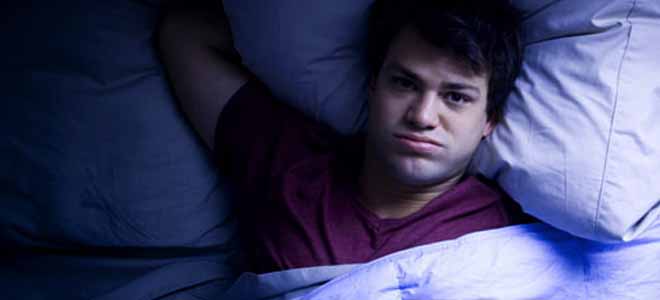
Did You Know: Blue Light Can Affect Your Sleep
There are numerous health benefits to be obtained with a good night’s sleep. Many studies have shown that sleeping between 6 to 8 hours every night can help relieve stress, reduce the risk of many chronic diseases, improve memory and cognitive functions, as well as help with weight loss. People often under-value the innumerable benefits of adequate sleep for a healthy lifestyle. The negative effects of sleep deprivation can be as serious as cardiovascular and diabetes diseases, depression, learning and memory issues, and irritability.
Why Is It So Difficult To Sleep At Night?
So what could be affecting your ability to sleep for the recommended 6-8 hours every night? Experts have concluded that technology has emerged as a major reason for disturbed sleep. Many people watch TV and use their computers, tablets and smart phones right before they retire to sleep. These devices emit a certain wavelength of light that disrupts your internal biological clock.
Nighttime light exposure suppresses the production of melatonin. This key hormone is responsible for controlling your sleep cycles. The suppression of melatonin at night is associated with the inability to sleep. This unfortunately, is not the only problem. Research shows that a decrease in melatonin can lead to obesity, increased risk of cancer, impaired function of the immune system, increased risk of Type-2 diabetes, and heart disease. With serious consequences like these, preventing melatonin depression should be a top priority all of us.
Blue Light and Melatonin Suppression: What’s The Link?
So what is this light that is emitted from technological devices such as computers and smart phones? To produce the white light that we see, the devices emit short wavelengths of light, out of which the most common and powerful one is the blue light. Studies have proved that blue light has the capability to distort the function of melatonin by stifling it.
These devices aren’t the only things that affect melatonin fucntion. Research shows that moderately bright light can also decrease melatonin levels at night. Nightlights are an example of bright light exposure.
So What Can You Do?
For starters avoid using technological devices right before sleeping, particularly those that emit unnatural light. This includes your computer, laptop, tablet and Smartphone.
If it is imperative for you to use your gadget before sleeping, take note of the following apps. They are designed to help you deal with the issue of blue light. One such app for your iphone/ipad and computer is F.lux. This software and app blocks the blue light that is emitted from the screen. F.lux isn’t available on android as of yet but don’t worry, there’s an app that works just as well on android phones. Twilight is an app that can be used in place of F.lux. Both apps can turn on automatically in response to the sunrise and sunset of your particular time zone.
And remember that if you are accustomed to using night lights replace the regular bulbs with dim red bulbs. Red light has the least power to affect your natural biological sleep cycle and it does not suppress melatonin.

